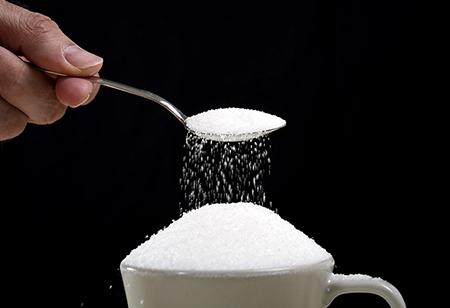Despite its sweet taste, too much sugar can sour your health, leading to chronic inflammation, diabetes, heart disease, obesity and more. While certain natural sources of sugar can be good, added sugars are not.
From the granulated white variety found in the baking aisle, to naturally occurring sugars, artificial sweeteners and the hidden added variety, sugar comes in many forms. To help sift through the facts is Terri Taylor, a registered dietitian and nutrition educator at HonorHealth Cancer Care.
Natural sugars
Fruit and even some vegetables are great sources of natural sugar that have the added benefit of being loaded with phytochemicals, vitamins and minerals. Milk contains the natural sugar lactose. Nutritive sweeteners such as honey, maple syrup and molasses are sugars. Even nutritive sugars turn into glucose in the body and should be consumed in moderation to avoid blood sugar spikes.
Artificial sweeteners
Although considered safe by the Food and Drug Administration, artificial sweeteners and other manufactured sugar substitutes such as aspartame, saccharin and sucralose may have negative health implications. Often praised for having no calories and commonly used to sweeten processed foods and beverages, they add chemicals to the diet that may alter the body's response to what you eat and drink.
Side effects of artificial sweeteners include:
- Craving more sweets and overeating due to the body's inability to properly count calories
- Digestive issues
- Imbalances of the natural gut bacteria vital to disease prevention
Added sugars
Processed foods and beverages contain both natural and added sugars, so Terri urges reading ingredient lists to better understand the type and amount of sugar you're consuming.
You may be surprised to see just how much sugar is in salad dressings, sauces, condiments, grain products and sweetened coffee beverages. Even foods low in sugar may contain other unhealthy ingredients.
Sugar recommendations
The American Heart Association recommends that women limit added sugar to 24 grams or 6 teaspoons per day. For men, it's 36 grams or 9 teaspoons per day. Strive for natural sugars that come from fruits, vegetables and plain dairy whenever possible. Remember to always consume sugar in moderation.

Find a doctor
Schedule an appointment with a primary care provider at HonorHealth.